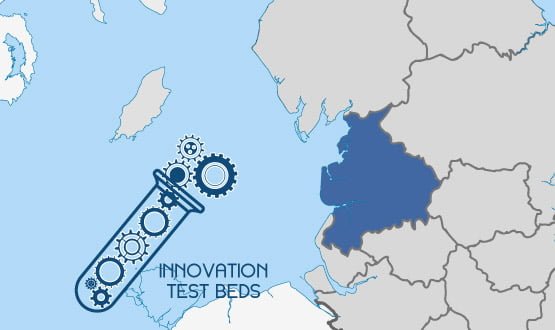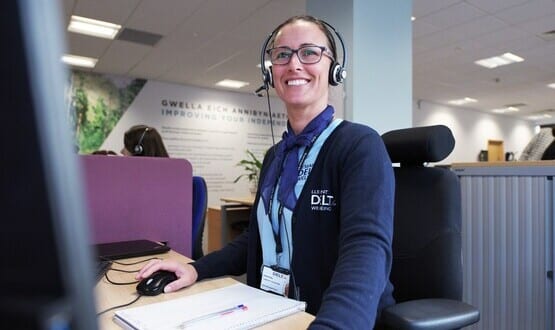Lancashire test bed tries out LTC interventions

An NHS test bed in Lancashire is to test innovative technologies designed to help patients with conditions such as chronic obstructive pulmonary disease, atrial fibrillation and diabetes.
The Long Term Conditions Early Intervention Programme is being run by the Lancashire and Cumbria Innovation Alliance Test Bed, the pharmaceutical company MSD and health technology company Verily Life Sciences.
It will take 1,600 patients with chronic conditions and split them into four separate cohorts. Three cohorts will consist of 500 patients each, assigned according to whether they have high, medium or low risk of hospital admission, while the fourth cohort will consist of 100 patients with mild dementia. Recruitment for the trial will begin in July.
The programme is one of seven test beds announced by NHS England in January. They bring together health organisations, technology companies, universities and charities to investigate whether particular technologies, used in combination, can reduce the pressure on NHS services, while improving the quality of patients’ lives. Each programme runs for two years.
Long-term conditions are particularly expensive for the NHS, accounting for about 50% of all GP appointments, 64% of all outpatient appointments, and 70% of inpatient bed days.
The Long Term Conditions Early Intervention Programme aims to find ways both of helping patients stay out of hospital for longer and, particularly in the case of the low-risk cohort, manage their own condition more effectively.
Glyn Jones, innovation programme manager, said it was important to make the technology as user-friendly as possible: “The more frail and elderly they are, the less likely they are to be comfortable with technology.”
Another of the programme’s partners is the Tinder Foundation, a charity that helps socially excluded people gain access to digital technologies, will work with community groups to help digital adoption.
The four Lancashire cohorts will receive different combinations of technology, although all will include elements of coaching and mentoring as well as technologies to monitor indicators such as blood pressure and oxygen levels.
The high-risk cohort, for example, will include people over the age of 55 with co-morbidities (such as diabetes and COPD) and with a greater than 25% chance of being admitted to hospital.
It will receive a service called SpeakSet, which converts a home television into a videoconferencing service, enabling patients to have remote consultations with health professionals.
This cohort will also be given the Philips Motiva hub, which connects to the television and will receive signals via Bluetooth from patients’ monitoring devices, such as oxygen monitors or blood pressure cuffs.
“You sit down and strap your blood pressure cuff on, press the button and it transmits those settings to the Motiva hub, which displays them on the screen along with the last 20 readings so you can see the trend,” said Jones.
Motiva will simultaneously send the data to an integrated care team, who will be alerted if a score is out of the normal range, he added.
Other technologies being used in the trial include UMotif, an app that enables low-risk patients to record, and keep track of, aspects of their health, such as how they slept or how much energy they have, and Flo, an SMS service that enables health professionals to communicate directly with patients to offer coaching and prompting.
Evaluation of the programme will be carried out by the University of Lancaster’s Centre for Ageing Research. Digital Health News is running a short series on the NHS Innovation Test Beds, the idea behind which is explained in our launch feature.




